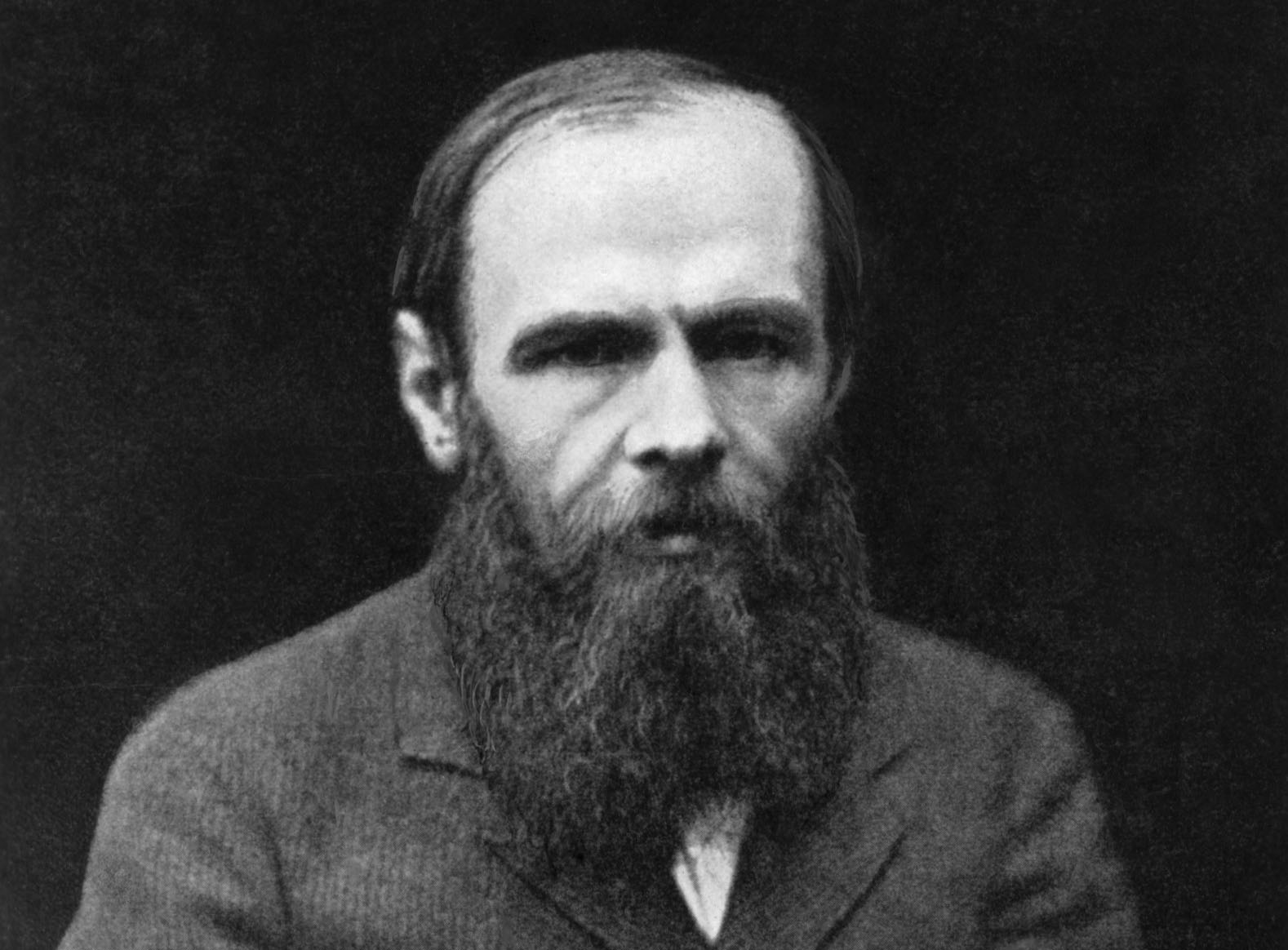


In 1857 he married Maria Dmitrievna Isaeva. His 1860 book, The House of the Dead was based on these experiences. After a mock-execution his sentence was commuted to hard labour in Siberia where he developed epilepsy.He was released in 1854. His first book, Poor Folk, did very well but on 23rd April 1849 he was arrested for subversion and sentenced to death.

He graduated from the St Petersburg Academy of Military Engineering in 1846 but decided to change careers and become a writer. He had six siblings and his mother died in 1837 and his father in 1839. Edited by Ronald Meyer, this volume also includes a chronology, further reading, notes and a glossary.Fyodor Dostoevsky was born in Moscow on 11th November 1821. Belknap discusses Dostoyevsky's own revolutionary activities, his narrative technique and use of different genres, and the background of Radicalism in Imperial Russia. Maguire's superb translation captures Dostoyevsky's vigorous prose. Partly based on the real-life case of a student murdered by his fellow revolutionaries, Dostoyevsky's sprawling novel is a powerful and prophetic, yet lively and often comic depiction of nineteenth-century Russia, and a savage indictment of the madness and nihilism of those who use violence to serve their beliefs. But when it seems their motley group is about to be discovered, will their recruits be willing to kill one of their own circle in order to cover their tracks? As the ensuing investigation and trial reveal the true identity of the murderer, Dostoyevsky's and everyone's faith in humanity is tested. Together they train terrorists who are willing to go to any lengths to achieve their goals - even if the mission means suicide. Their aim is to overthrow the Tsar, destroy society and seize power for themselves. Pyotr Verkhovensky and Nikolai Stavrogin are the leaders of a Russian revolutionary cell.


 0 kommentar(er)
0 kommentar(er)
